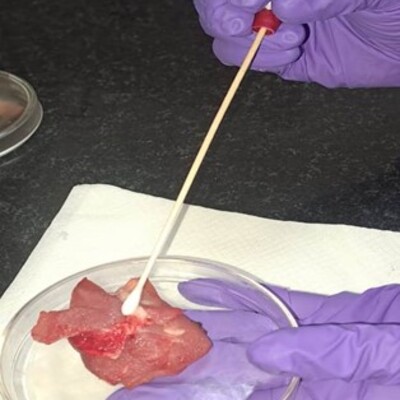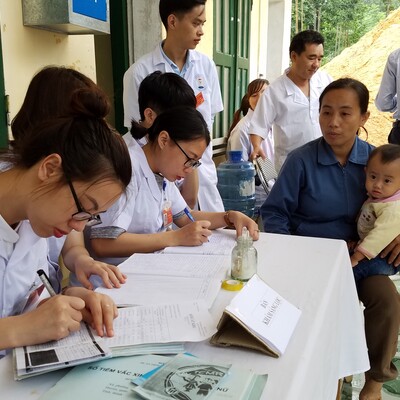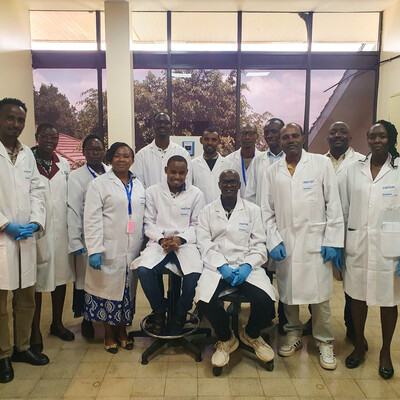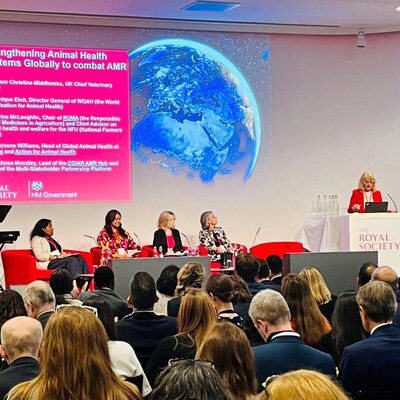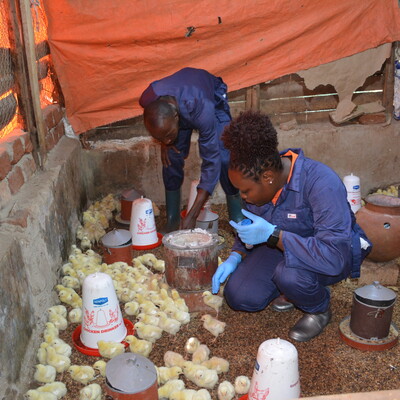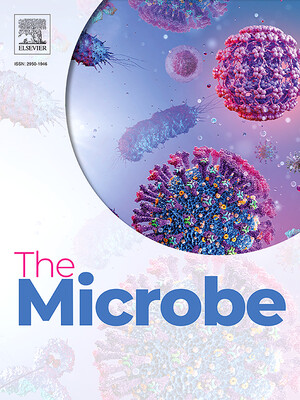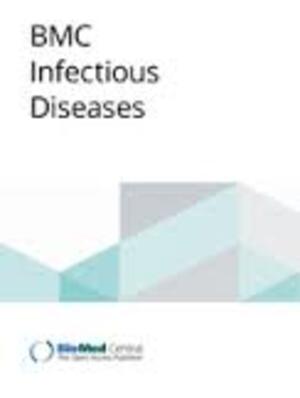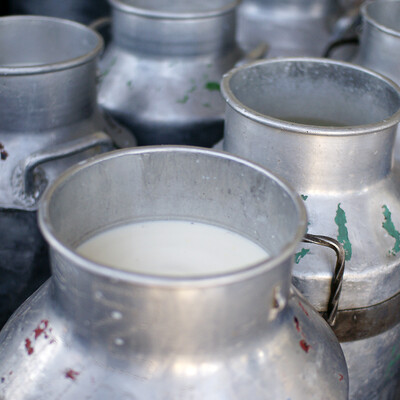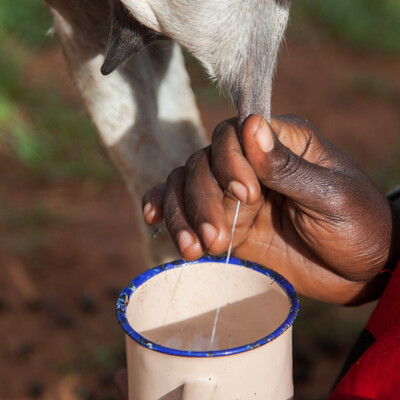
Uniting against antimicrobial resistance – the road ahead
Each year World Antimicrobial Awareness Week (WAAW) is celebrated between 18–24 November to increase awareness and understanding of antimicrobial resistance (AMR) and to encourage best practices amongst individuals who play a role in reducing unnecessary antimicrobials use and preventing the emergence and spread of AMR.
In a critical step toward addressing the global challenge of AMR, the Inter-Agency Consultation group's report ‘No time to wait: Securing the future from drug-resistant infections’ has outlined several recommendations which include establishing vital global governance mechanisms under the Tripartite to combat AMR effectively. Among these, three key platforms stand out: The One Health Global Leaders Group on AMR, the Independent Panel on Evidence for Action Against AMR, and the AMR Multi-stakeholder Partnership Platform.
The AMR Multi-stakeholder Partnership Platform – A global call to action
At the heart of these initiatives is the AMR Multi-stakeholder Partnership Platform that aims to catalyze a worldwide movement by promoting collaboration across diverse stakeholders in the One Health spectrum, which includes human, agriculture, animal, plant, and environmental health. The platform's vision is clear: to foster a healthier, sustainable, and resilient future where antimicrobials are preserved and accessible to all.
The inaugural plenary assembly for this platform was held at the Food and Agriculture Organization of the United Nations (FAO) headquarters in Rome last week, ahead of WAAW. This significant moment brought together members from different sectors under the Quadripartite umbrella (FAO, United Nations Environmental Program, World Health Organization, and World Animal Health Organization). Representatives of governments, civil societies and non-governmental organizations, private sector, research and academia, and financial institutions engaged in critical discussions. They networked, explored collective action avenues, and planned for the 2024 United Nations General Assembly High-Level Meeting on AMR.
Cluster 1: The Role of Research and Academia
A key figure in these efforts is Arshnee Moodley, joint appointee at the International Livestock Research Institute (ILRI) and University of Copenhagen, who leads the Academic and Research Cluster and chairs the platform Steering Committee.
Moodley shared that, ‘This cluster focuses on several pivotal areas, including the presence and value of low- and middle-income countries in these partnerships, setting objectives and priorities for research and academic sectors, and the crucial translation of research to enhance education.’
Furthermore, the cluster addresses the need for 'research for action', identifying funding gaps and developing strategies to bridge these challenges. It also emphasizes the need to adopt the One Health research priority agenda, the importance of inter-cluster engagement, and ensuring research is fit for purpose to manage expectations effectively across different clusters within the AMR Multi-stakeholder Partnership Platform.
Using a bottom-up approach, in July, platform members were invited to submit proposals for action groups. Action groups may address any aspect of AMR, but must include two or more clusters hence bringing together diverse sectors, disciplines, and regions, fostering a true One Health approach. ILRI is co-leading an action group on ‘Veterinary education’, which aims to improve antimicrobial stewardship amongst veterinarians, veterinary students and allied animal health personnel who may be involved in antimicrobial treatment decisions. It also addresses major gaps in understanding of antimicrobial use, antimicrobial resistance, and stewardship across the target audience. This action group’s proposal draws from many of the AMR research activities by ILRI and the CGIAR One Health Initiative such as those under One Health Center in Africa (OHRECA), Boosting Uganda's Investment in Livestock Development (BUILD), and the Fleming Fund.
As we look towards the future, it is evident that the battle against AMR requires a unified, multi-sectoral approach. The establishment of the AMR Multi-stakeholder Partnership Platform and its associated mechanisms marks a significant step in this direction.
More information on the AMR Multi-stakeholder Partnership Platform
Read more on our AMR work World Antimicrobial Awareness Week (WAAW) 2023
Photo Credit: AMR Multi-stakeholder Partnership Platfrom meeting by FAO






